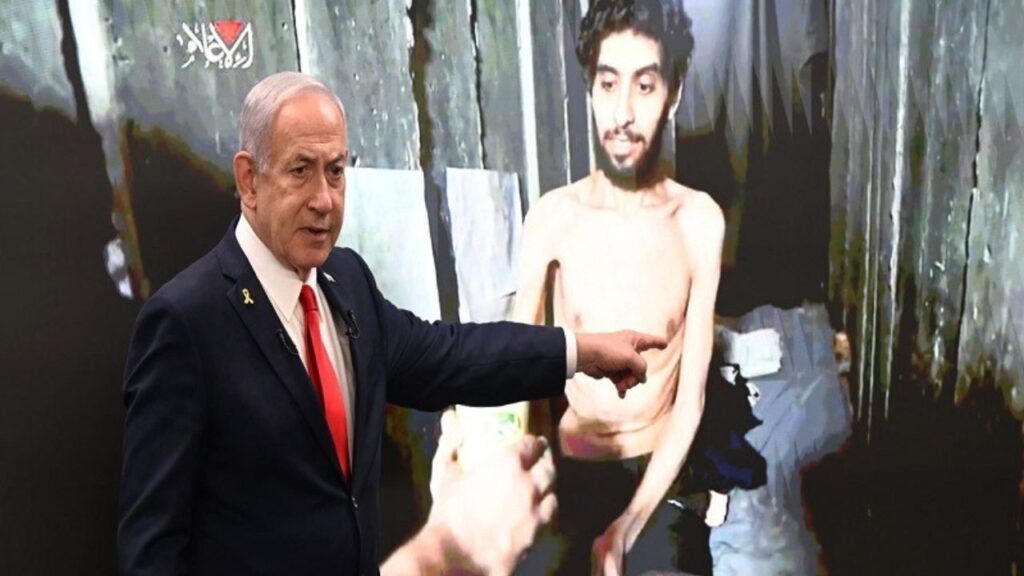Israeli Prime Minister Benjamin Netanyahu finds himself at a crossroads as competing pressures mount over the future of Gaza. While Israel has declared its intention to reestablish control over Gaza City and implement comprehensive security measures throughout the territory, these military objectives now clash with emerging diplomatic opportunities for a negotiated settlement.
A significant divide exists between the ceasefire framework that Hamas has reportedly accepted and the comprehensive terms Israel continues to demand.

The central question remains whether Netanyahu will demonstrate the flexibility necessary to bridge these differences through negotiations.
Hamas Shows Willingness to Compromise
Recent diplomatic efforts by Egyptian and Qatari intermediaries have yielded encouraging results. Senior diplomatic sources indicate that Hamas has expressed readiness to accept a phased agreement that would see approximately half of the hostages currently held in Gaza released in exchange for Israel freeing a corresponding number of Palestinian detainees.
This represents a notable shift from Hamas’s previous positions and suggests the organization may be feeling the pressure of Israel’s military campaign and threats of expanded operations.
Israel’s Maximalist Position
Netanyahu’s government, however, maintains a far more comprehensive set of demands that go well beyond prisoner exchanges. Israeli leadership insists on:
- The complete return of all hostages in a single transaction
- Full Israeli security control throughout the Gaza Strip
- The establishment of an entirely new governing structure that excludes both Hamas and the Palestinian Authority
These demands reflect a vision of total transformation rather than incremental progress toward peace.
The Palestinian Authority Factor
Adding complexity to these negotiations is the unexpected prominence of the Palestinian Authority in recent diplomatic discussions. Despite Netanyahu’s explicit rejection of PA involvement in Gaza’s future, the organization appears to have played a more substantial role in shaping the current ceasefire proposal than Hamas itself.
The emerging framework reportedly envisions post-Hamas Gaza being administered by a transitional committee operating under Palestinian Authority supervision—a scenario that would require Israel to fundamentally reconsider its stated opposition to PA governance in Gaza.

Political Flexibility Required
For any agreement to materialize, Netanyahu would need to demonstrate the kind of political adaptability that has not characterized his approach to Palestinian issues. The prime minister faces the challenge of balancing his government’s hardline positions with the practical realities of diplomacy and the urgent humanitarian need to secure the hostages’ release.
The coming days will reveal whether the pressure of military operations and international diplomacy can create sufficient momentum to overcome the substantial gaps between the parties’ current positions.






